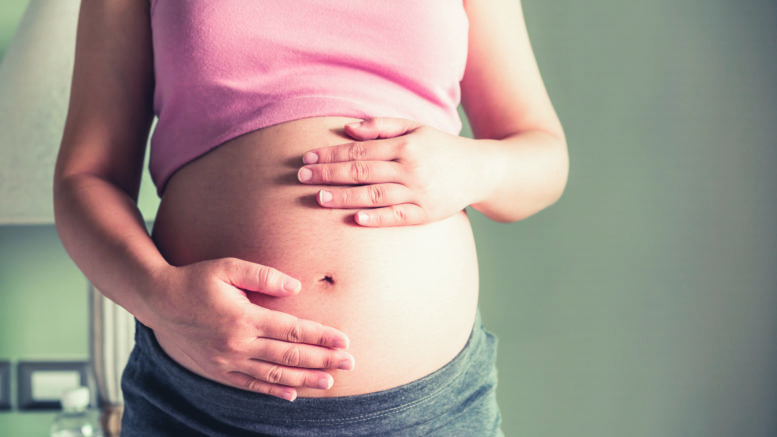Photo by Christin Noelle on Unsplash .
Understanding Preconception
Preconception refers to the critical period of approximately three months before conception. This stage is vital for reproductive health as it is when the gametes (male and female reproductive cells) mature, fertilisation occurs, and the embryo begins to develop. Both the mother and the developing baby are highly sensitive to environmental factors such as nutrition, smoking, alcohol, and drug exposure during this time1.
Body Composition during Preconception
Both underweight and overweight individuals face substantial risks concerning maternal and child health1. Achieving a healthy weight before conception can enhance pregnancy outcomes, which can be included in your therapy with Essential Health Physiotherapy Shailer Park. Setting realistic weight goals is particularly important for individuals who are underweight, as reaching a healthy weight range improves the chances of a successful pregnancy2.
The impact of weight on Fertility and Pregnancy
| Mothers with Higher Weight | Mothers with Lower weight | Fathers with Higher Weight |
| – Reduced ability to conceive – Increased risk of pregnancy complications (e.g., pre-eclampsia, gestational diabetes) – Higher likelihood of delivery complications (e.g., macrosomia) – Increased risk of congenital anomalies – Potential Challenges with Breastfeeding | – Risk of fetal growth restriction, stunting, and wasting – Deficiency in vital nutrients like vitamin A and zinc – Increased likelihood of suboptimal breastfeeding | – Impaired fertility due to reduced sperm quality and quantity – Higher risk of passing chronic disease predispositions to offspring |

Balanced Food Groups for Preconception Health
Following a well-balanced diet before conception is crucial for both parents. Research highlights the importance of consuming vegetables and grains during preconception and pregnancy to meet dietary guidelines3. These food groups are low in fat and rich in essential vitamins, minerals, protein, and dietary fibre. Notably, folate, found in vegetables and cereal products, helps increase birth weight and reduces the risk of anemia.
????️Take an Eye Break, Shailer Park Expecting Mothers!
Alcohol and Preconception
Consuming alcohol during preconception or after conception can lower birth weight and increase the risk of fetal alcohol spectrum disorders. These outcomes can further result in physical, behavioural and learning difficulties of the child1. Hence, there is NO established “safe level” of alcohol consumption for a developing fetus2.
Caffeine and Preconception
Excessive caffeine intake has been linked to restricted fetal growth1. The RACGP2 recommends that women planning to conceive should limit caffeine intake to 300 mg or less per day (equivalent to about two to three cups of coffee).
Diabetes and Preconception
For women with Type 1 or Type 2 diabetes, achieving strict glycemic control before conception can help reduce the risk of congenital malformations, miscarriage, and birth weight abnormalities.
Preconception Supplementations
Research3 shows preconceptual (before pregnancy) and pregnant women may have inadequate dietary folate, iron and calcium intake.
All women who intend or are trying to conceive are recommended to start taking folic acid supplements for at least 4 weeks prior to pregnancy and iodine supplementation while pregnant2. Please consult your health professionals before taking any supplements to meet your personalised needs.


